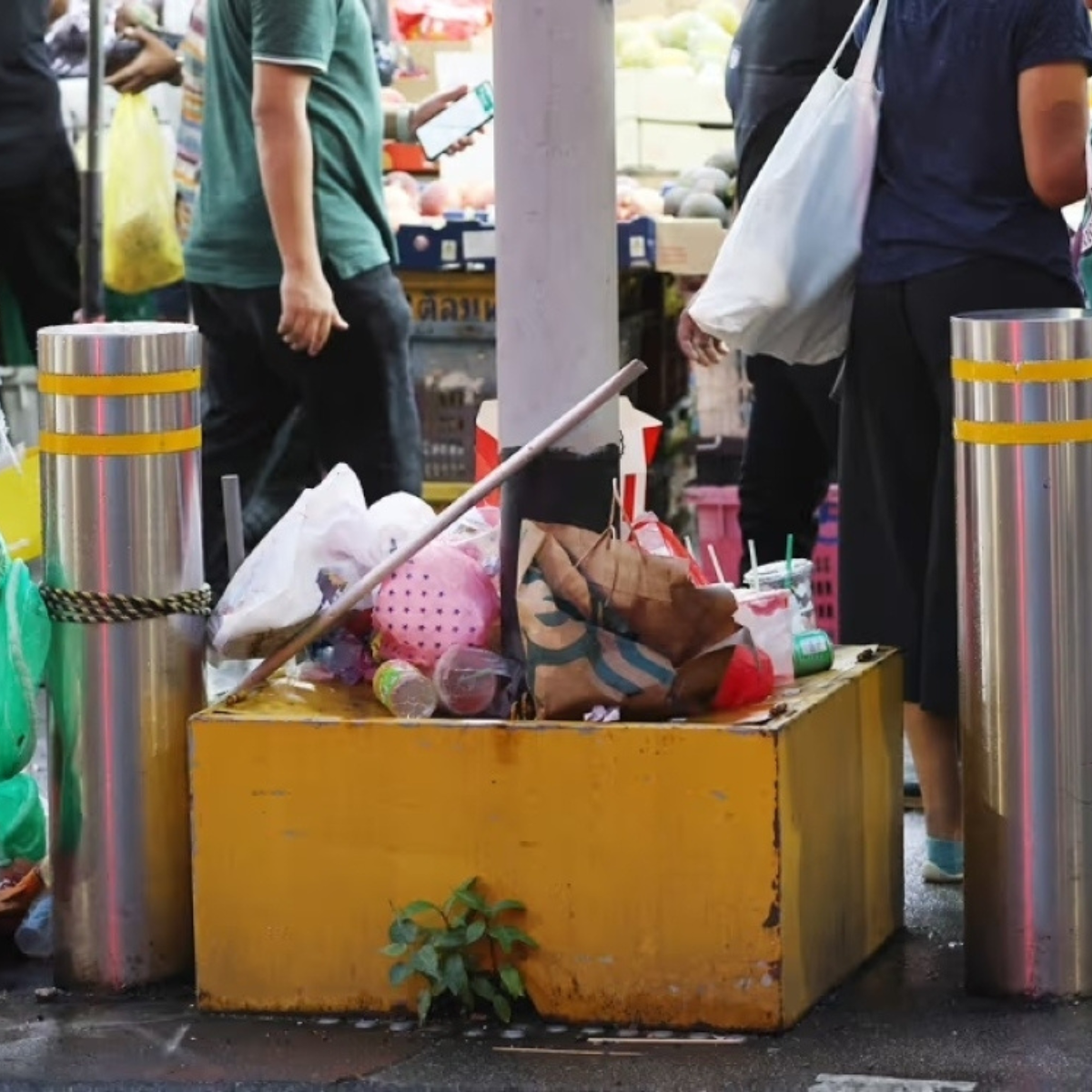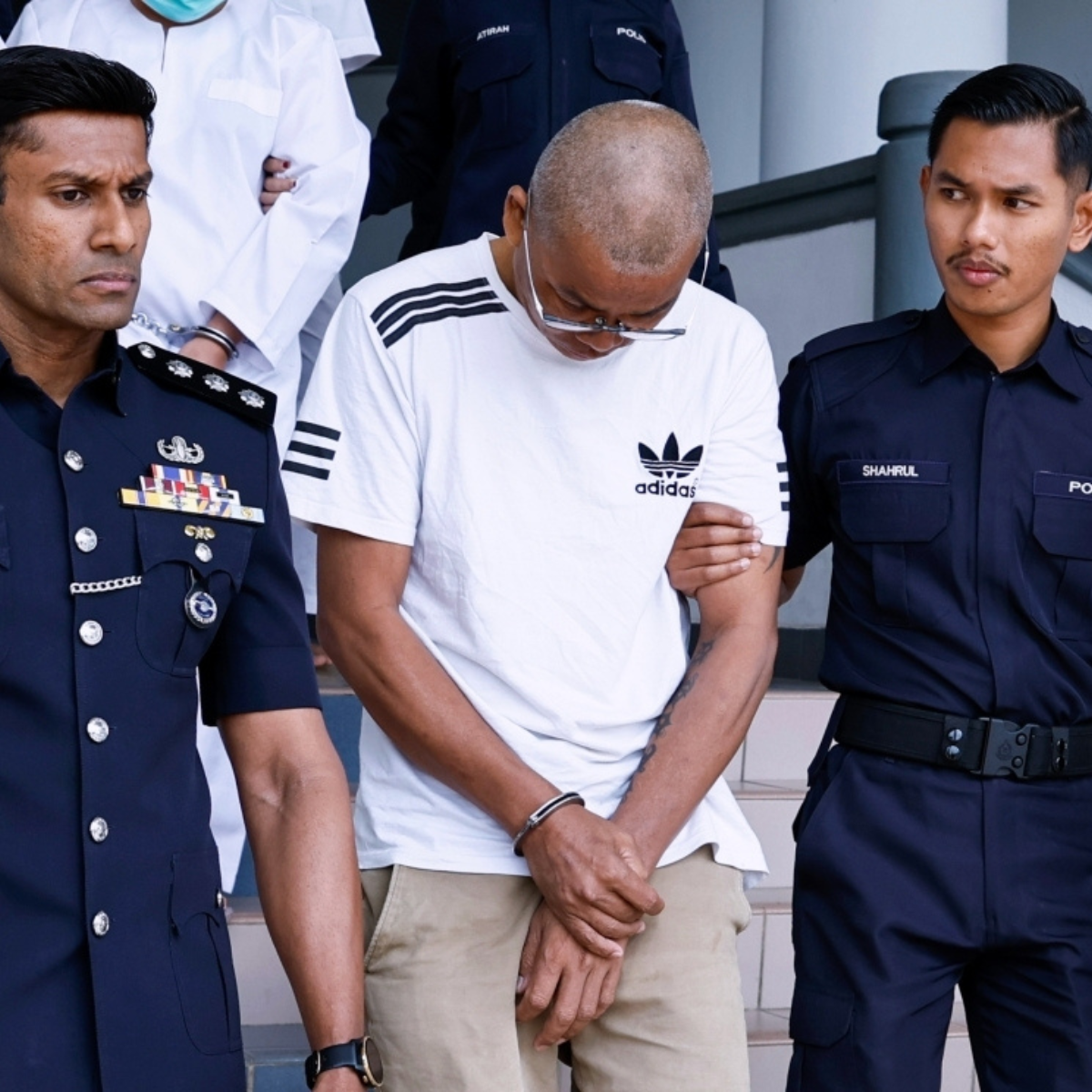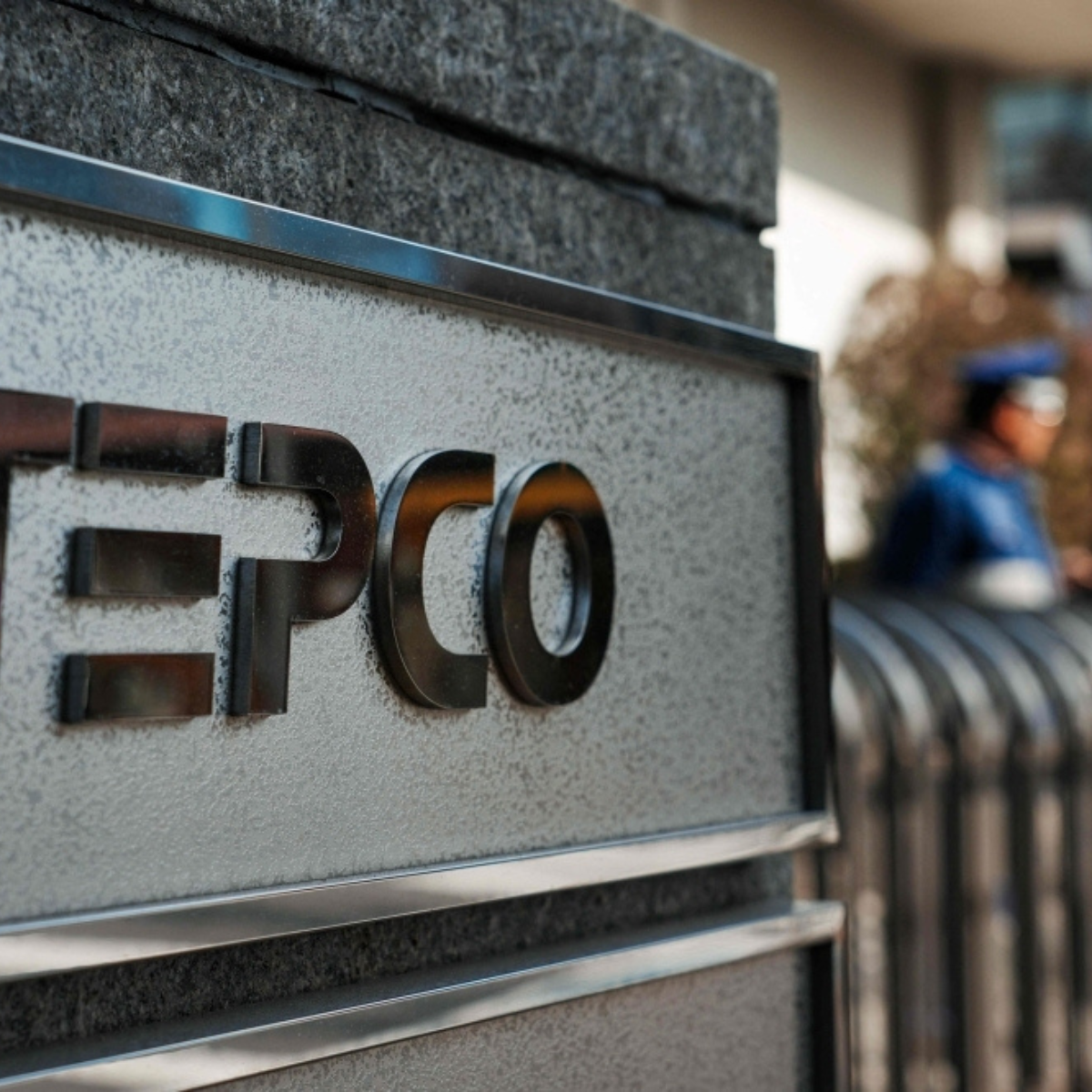KUALA LUMPUR, Jan 23 — Two foreign nationals have become the first individuals in Malaysia to be charged in court for littering under the newly enforced anti-littering law, according to a report by The Star.
NEW YORK, June 13 — The tragic Air India crash is likely to thrust Boeing back into the media spotlight for all the wrong reasons, just as the company appeared to be regaining momentum under new leadership.
Boeing shares closed down nearly five percent yesterday as condolences poured in from global leaders, including the pope, King Charles, and the president of India, in response to the fatal crash of a Boeing 787 Dreamliner carrying 242 people.
“We extend our deepest condolences to the families and loved ones of the passengers and crew of Air India Flight 171, as well as everyone affected in Ahmedabad,” said Boeing CEO Kelly Ortberg. He added that he had spoken with Air India’s chairman and pledged Boeing’s full support in the ongoing investigation.
The accident — the first fatal crash involving a 787 — comes just days before Ortberg and other aviation industry leaders gather at Le Bourget Airport for the Paris Air Show.
Prior to the crash, the industry’s attention at the show was expected to center on challenges like global trade tensions, advancements in aviation technology, and lingering supply chain issues that have slowed aircraft deliveries from both Boeing and rival Airbus.
Now, the Air India tragedy is set to dominate discussions — a topic likely to invite both speculation and somber reflection.
“By next week, there will probably be one or two leading theories about the cause that people at the show and in the broader public will be discussing,” said Morningstar analyst Nicolas Owens.
While the full impact of the crash on Boeing’s future remains unclear, Owens still anticipates new 787 orders to be announced in Paris. “It’s highly unlikely this will be seen as a systemic issue with the aircraft or its engines,” he added.
Different from MAX disasters
According to India’s Directorate General of Civil Aviation, Flight 171 issued a mayday call and went down shortly after takeoff. Investigators from the UK and US are en route to the crash site in western India to examine flight data, maintenance history, and crew records.
“When an incident like this occurs overseas, the host country leads the investigation,” stated the US Federal Aviation Administration (FAA).
The aircraft involved was delivered to Air India in 2014 and had logged over 41,000 flight hours, per aviation consultancy Cirium — a key distinction from the two deadly Boeing 737 MAX crashes in 2018 and 2019, which involved newly delivered planes.
Those earlier disasters were largely attributed to malfunctions in the Maneuvering Characteristics Augmentation System (MCAS), a flight control system that exposed serious design flaws and triggered a prolonged crisis for Boeing.
The MAX crashes sent Boeing into a multi-year slump, worsened by further safety concerns in early 2024. The company has posted annual losses for six consecutive years.
Although the Dreamliner has been in service since 2011, it has faced issues, mainly related to assembly quality and manufacturing flaws. In April 2024, it was the subject of a US Senate hearing, where a whistleblower alleged being sidelined after reporting significant defects in the 787 and 777 production lines.
Lawyers representing the whistleblower, Sam Salehpour, urged the FAA to release its findings regarding those allegations.
“The public deserves assurance that the Boeing 787 is safe,” said attorney Lisa Banks. “While it may take months or even years to determine the cause of today’s tragic crash, there is already an important report sitting at the FAA that needs to be made public.”
Just weeks ago, on May 29, Ortberg had highlighted the FAA’s approval to increase Dreamliner production as a key milestone in Boeing’s recovery. Since taking the helm in August 2024, Ortberg — who moved to Seattle to be closer to production operations — has been praised for steering the company through a labor strike and representing Boeing on President Donald Trump’s Middle East delegation.
According to Richard Aboulafia, managing director of AeroDynamic Advisory, there is currently no evidence of a design flaw in the 787.
“There’s understandable fear,” Aboulafia said of the stock market reaction. “It’s a tragic event, but without known technical faults, it’s unlikely to damage the 787’s solid reputation.”
Still, Briefing.com described the crash as “another serious blow to Boeing’s reputation,” warning that in its fierce rivalry with Airbus — which has outpaced Boeing in aircraft orders for five straight years — the company could see further erosion in investor and customer confidence. — AFP






